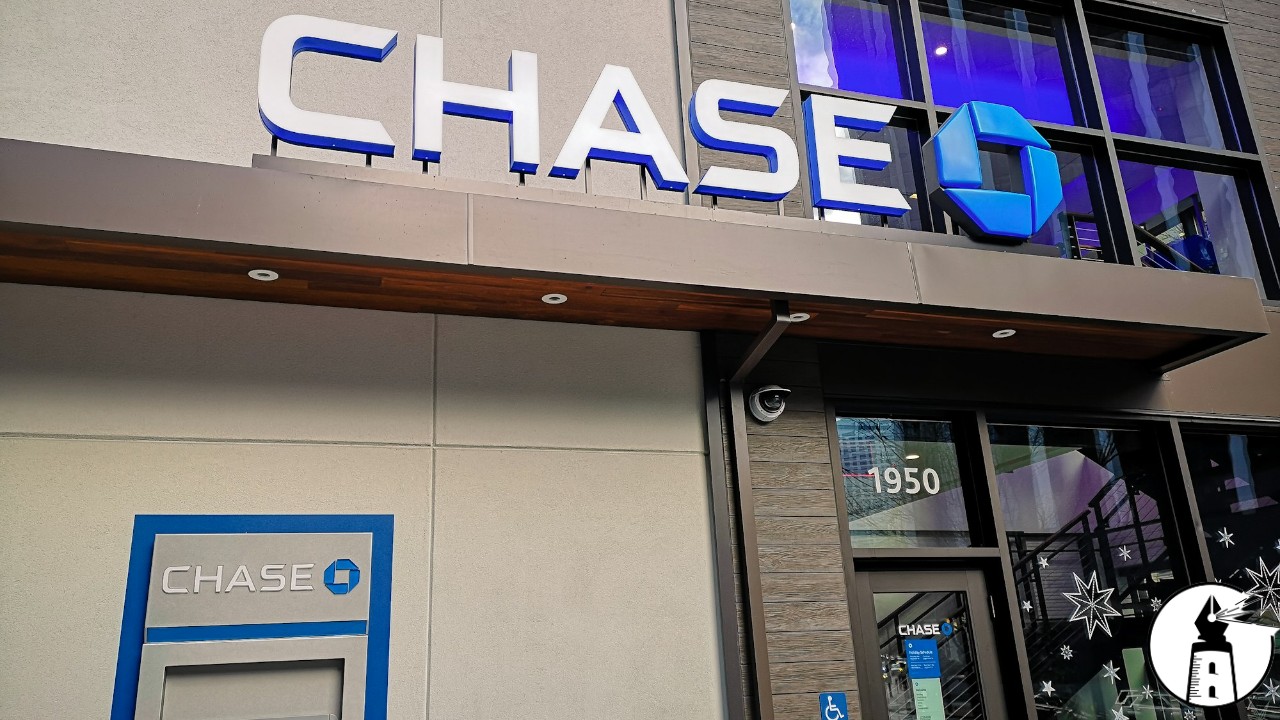Target’s announcement that longtime CEO Brian Cornell will step down in early 2026 comes at a time when the company faces slumping sales, mounting competition, and perhaps most damaging of all, a self-inflicted identity crisis. Cornell, who took over in 2014 and once led Target through a widely celebrated turnaround, will remain as executive chairman while COO Michael Fiddelke prepares to take the helm. The leadership transition follows three consecutive quarters of declining sales and one of the weakest stock performances in the S&P 500 this year.
Much of Target’s current decline can be traced to a combination of economic pressure and strategic missteps. Shoppers have scaled back on discretionary purchases, leaving Target with weaker performance in its signature home goods and clothing lines. Tariffs have driven up costs, and competitors like Walmart, Costco, and Amazon have taken larger shares of the market. Yet these financial headwinds only tell part of the story. Target has also managed to alienate large portions of its customer base through contradictory cultural decisions.
In 2023, Target became the focus of right-wing backlash after introducing Pride-themed merchandise. Despite misinformation about the products, the response was swift and hostile, with employees facing threats and sales taking a hit. Target’s willingness to stand by LGBTQ visibility was commendable, but the reaction revealed the intensity of opposition from conservative shoppers. By 2025, however, Target reversed course on another front, announcing it would scale back its diversity, equity, and inclusion goals. The removal of DEI programs, once central to Target’s public identity, stunned progressive customers who had come to view the retailer as an ally on social issues. Even descendants of the company’s founding family called the change “a betrayal.”
The result is that Target has managed to frustrate both sides of the political spectrum. Conservative customers who abandoned the brand over Pride have not returned, and the rollback of DEI did nothing to win them back. Meanwhile, progressive customers now question the sincerity of the company’s values. By attempting to appease all sides, Target has risked standing for nothing in particular. As the old saying goes, if you don’t stand for something, you’ll fall for anything.
Incoming CEO Michael Fiddelke inherits a company at a crossroads. He has outlined plans to invest in technology, refresh merchandise, and restore Target’s appeal. The challenge will be more than operational. Target must decide what kind of company it wants to be in a polarized marketplace. Cornell once defined Target’s success by betting on a clear vision. The next phase of leadership may depend on whether the company can find the courage to do the same again.
—By Greg Collier



